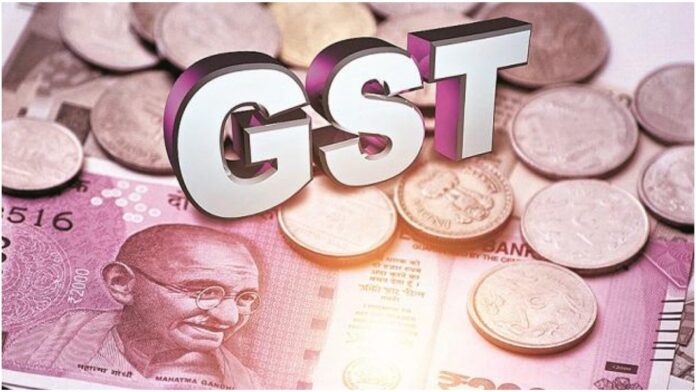The Next Generation GST reforms implemented by the central government are set to give a new impetus to Nagaland’s traditional and culturally rich economy. To strengthen the state’s local income, based on sectors such as agriculture, handicrafts, handlooms, and tourism, the government has reduced tax rates on several key products and services. This will make products cheaper, increase competition, and is expected to boost the incomes of thousands of people.
The government has reduced the GST on handlooms, bamboo and sugarcane products, coffee, and hotel services from 12% to 5%. This move will directly benefit 44,000 women weavers, 13,000 bamboo and cane artisans, 2,200 coffee growers, and hundreds of hotel operators.
Relief for the Handloom Industry:
Nagaland’s handloom products, especially the famous “Chakhesang Shawl,” are popular both domestically and internationally. Now, with the reduction in taxes on these products, garments priced up to ₹2,500 will become cheaper by approximately 6%. This will increase the income of local weavers and further increase the demand for Nagaland textiles in international markets.
Tourism promotion
Tourism is a key pillar of Nagaland’s economy in areas like Kohima, Dimapur, and Kisama. The Hornbill Festival is boosting the hotel and homestay industry. With the reduction of GST on hotel services from 12% to 5%, hotel rooms costing up to ₹7,500 will be approximately 6.25% cheaper, leading to an increase in domestic and foreign tourist arrivals.
Strengthening the Bamboo and Cane Industry
Nagaland’s bamboo and cane products are renowned for their quality and traditional craftsmanship. This industry employs approximately 13,000 people. The reduction in taxes on furniture and handicrafts will reduce the prices of these products by approximately 6%, boosting market demand and improving artisan incomes.
International promotion of the coffee industry
: Coffee production is growing rapidly in the state’s Mokokchung, Wakha, Mon, Zunheboto, and Tuensang districts. Now, the reduction of GST on roasted coffee from 12% to 5% and on coffee extract from 18% to 5% will reduce prices by 6% to 11%. This will directly benefit small farmers and MSME units, while also enhancing the global competitiveness of Nagaland coffee.
Promoting Local Development
These reforms will revitalize Nagaland’s local economy. Affordable products and increased employment opportunities will not only boost the incomes of weavers, farmers, and artisans, but will also strengthen the state’s cultural identity and economic development.

